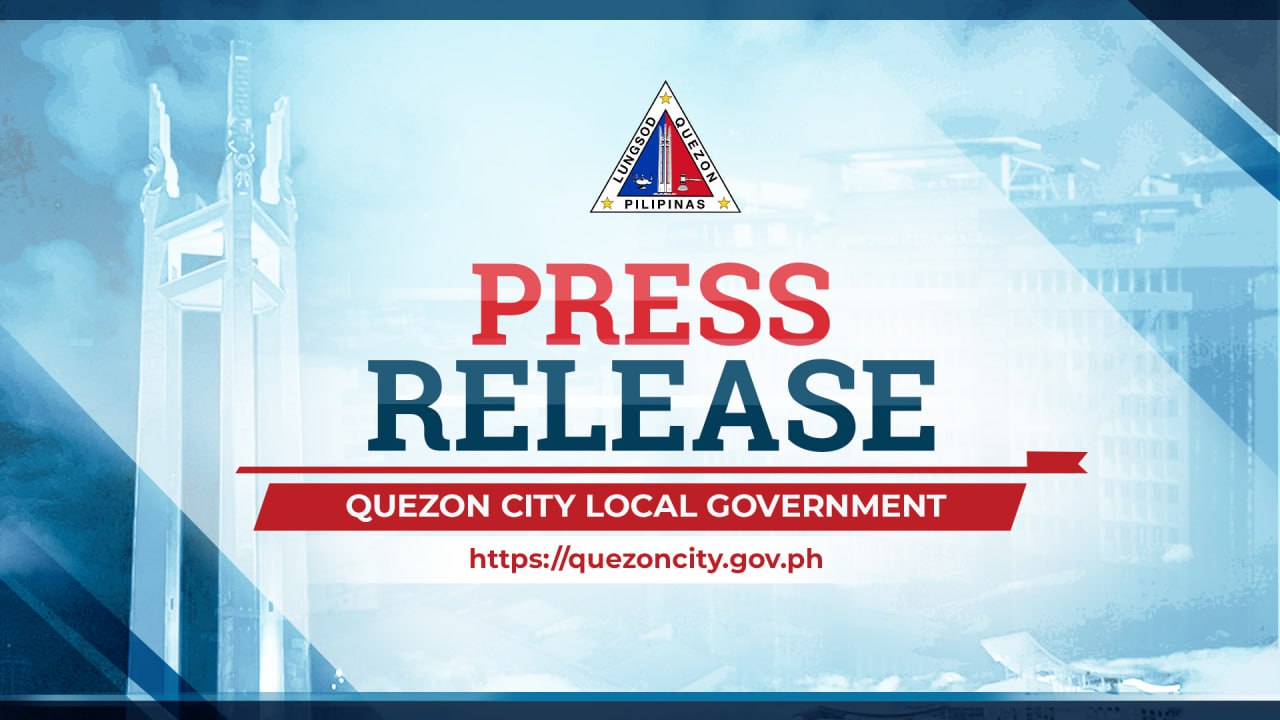
With the rainy season in full swing, the Quezon City local government has launched the “Tanggal Bara, Iwas Baha” Program, tapping the city’s 142 barangays to augment the flood mitigation efforts of both the city and national governments.
Under the program, Mayor Joy Belmonte has directed barangays to prioritize the clean-up of clogged drainage systems, sewers and street inlets, manholes, and interceptors.
“The city government cannot do it alone, we need all the help of our communities led by our barangay councils to mitigate rainwater overflow and flooding in our streets,” the Mayor said.
“This can be achieved through regular maintenance of drainage systems in their respective jurisdictions,” she added, particularly in flood-prone barangays such as Del Monte, Masambong, Bagong Silangan, Dona Imelda, Roxas, Tatalon, and Apolonio Samson. These barangays suffered the most during the onslaught of Habagat and Typhoon Carina. Through the “Tanggal Bara, Iwas Baha” program, it is hoped that despite the additional volume of rainwater brought about by climate change, floodwaters in these areas will recede more swiftly.
This program is a joint initiative of the QC Department of Engineering (QCDE), the Barangay and Community Relations Department (BCRD), the Climate Change and Environmental Sustainability Department (CCESD), and the Department of Sanitation and Cleanup Works of Quezon City (DSQC).
Based on data from the Engineering Department, from January to September 2024, the City has conducted 647 de-clogging operations. The sludge collected through these efforts was enough to fill 50 garbage trucks.
Since 2023, the City has implemented 61 flood control projects consisting of road and drainage projects and waterways infrastructure.
The QCED also implements green engineering initiatives through 224 rainwater harvesting systems and 148 proposed floodwater detention basins.
Meanwhile, the city is currently upgrading its drainage system in line with its QC Comprehensive Drainage Master Plan crafted in partnership with the University of the Philippines – Resilience Institute. The plan includes modernizing the current drainage systems of the city in order to address the worsening flooding problems brought about by more extreme weather conditions.
###







